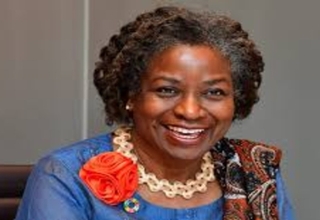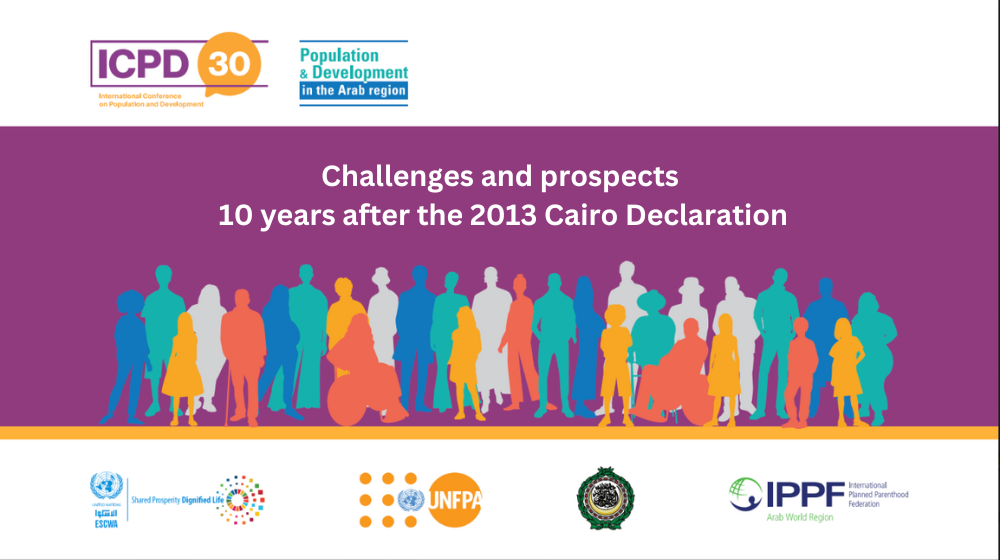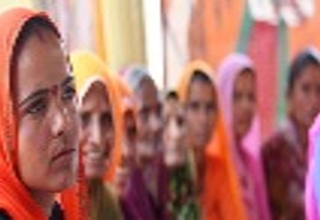Violence against women and girls has invaded all spaces, including virtual ones, and this must end
For many women and girls, no place is completely safe. Violence invades their homes, schools and workplaces, and now, it is becoming alarmingly widespread in their digital lives. Online violence can happen anywhere, to anyone, at any time. Yet, it disproportionately affects women and girls.Globally, nearly 60 per cent of women have experienced some form of digital violence, on their phones or online. They are bombarded with toxic social media posts, hate speech and violent content, or have their images sexualized, distorted and shared without their permission.For individuals vulnerable to intersecting forms of discrimination, the levels of digital violence they experience are even more extreme. Research shows LGBTQIA+ people, women and girls with disabilities, and people of African descent all experience online abuse specifically tied to their identities. Black women are an estimated 84 per cent more likely than white women to be attacked in abusive tweets.
Fortunately, survivors and allies are taking action. Already, more than 54,000 signatories have joined UNFPA’s #bodyright campaign and committed to champion the right to bodily autonomy and freedom from violence. Survivors and advocates – artists, activists, politicians and tech experts among them – are sharing stories and demanding change.
UNFPA is a prominent leader of the EU-UN Spotlight Initiative, which globally has helped strengthen 477 laws and policies to end all forms of violence against women and girls. For example, the Spotlight Initiative supported Zimbabwe in adopting southern Africa’s most comprehensive legal framework to stop online violence. When implemented, these types of laws offer protection and a pathway to justice.
Ending technology-facilitated gender based violence depends on women playing central and equal roles in designing the technology and innovations that are shaping our future, a goal that UNFPA backs through its Equity 2030 Alliance. Currently, only one-fifth of people working on artificial intelligence are women, even as evidence grows of AI’s significant gender biases. Now is the time to correct such imbalances through investment in gender-inclusive research and design.
Technology, designed the right way, can serve the needs of survivors. That’s why UNFPA has recently developed guidance on using and creating safe, ethical and survivor-centered technology to address gender-based violence.
Online or off, all spaces should be free from gender-based violence. This International Day for the Elimination of Violence against Women, let us recommit to concrete actions that will protect women and girls in all their diversity. Let us recommit to building a world that is more just, inclusive and equitable, and where women and girls can live in peace.




